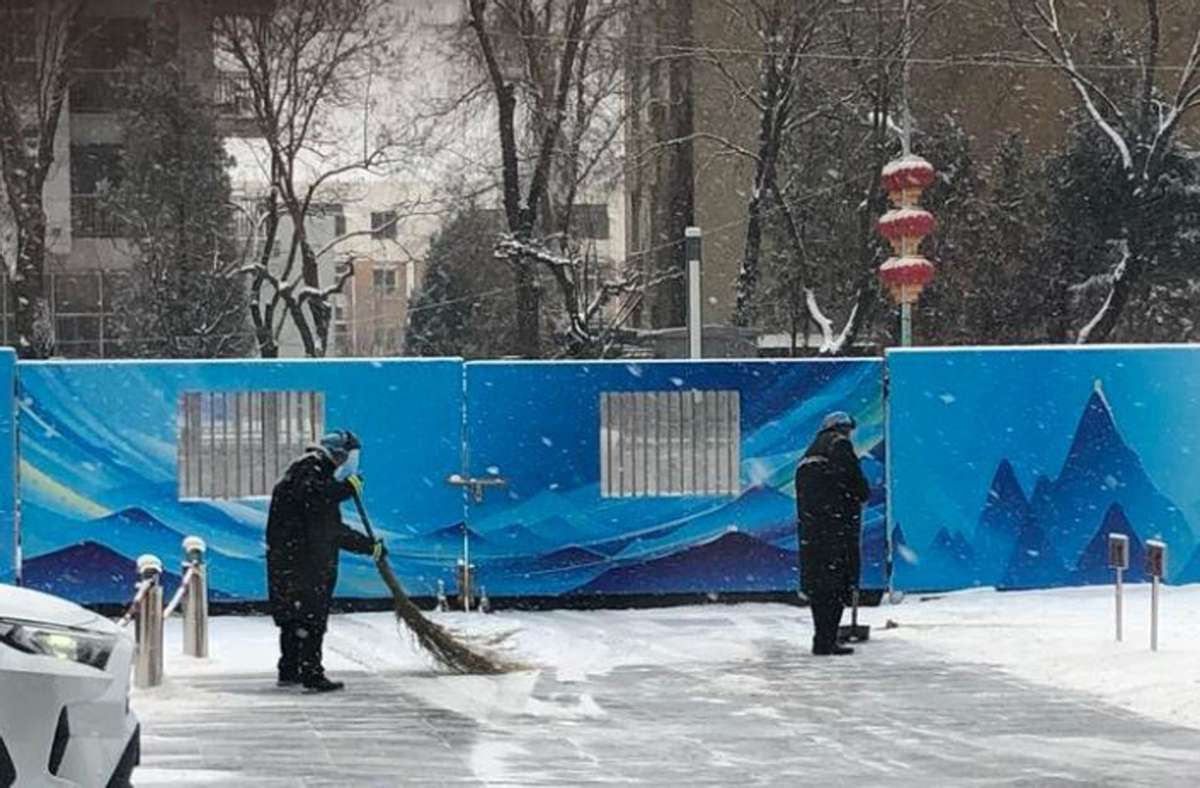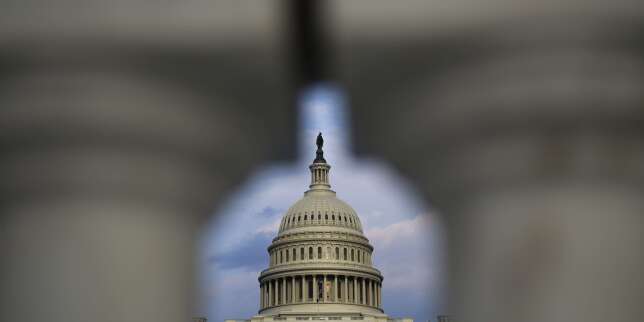Queensland scallops are a popular dish on restaurant menus around the world but the fresh seafood will be much harder to come by now with trawling banned off much of the state’s coast.
Key points:
- Queensland scallop numbers dwindle with spawning biomass falling to 12 per cent last year
- Local trawl fishers warn fisheries closure will have a “big impact” on industry and jobs
- The Australian Marine Conservation Society calls for further closures to help scallops recover
Scallop fisheries between the Fraser Coast and Mackay have been closed by the Queensland government due to a steep decline in the species.
A stock assessment last year showed the spawning biomass had dropped to 12 per cent compared to 17 per cent in 2019.
“No doubt science tells us when we reach that sort of figure that there needs to be action taken, so that’s why we’ve made that decision,” Minister for Agriculture and Fisheries Mark Furner said.
ABC Wide Bay: Johanna Marie
)Hervey Bay trawler operator Stephen Murphy believes the assessment by Queensland Fisheries lacks detail and the biomass is probably higher.
“They’re not counting Fraser Island or Noosa in their biomass model, so if you counted that in there, you would probably find the biomass would be above 20 per cent,” Mr Murphy said.
Fisheries to stay closed
The state government has promised the scallop fisheries will reopen once they’ve reached a healthier and more sustainable biomass level of 30 per cent, but the industry is concerned how long that will take.
“There’s some silly figures getting around … it could be anywhere from a few years, and I’ve also had someone tell me it could be 16 years,” Mr Murphy said.
“It depends on the ability for the saucer scallop to mature and grow,” Mr Furner said.
“It’s subject to weather and many environmental pressures but hopefully we’ll see a turnaround at some stage.”
Hervey Bay restaurant owner Dean Major said it was a shame the locally caught scallops would no longer be available.
“Locally sourced seafood is what people appreciate and love and they come to regions like Hervey Bay to get the best of the best,” Mr Major said.
ABC Wide Bay: Johanna Marie
)Industry jobs lost
The closure of the fisheries is expected to affect jobs with the peak of the season usually in January and February.
“There’s a lot of jobs at stake … we’ve got about 20 full-time scallop peelers, so if there’s no scallop to peel there’s going to be a problem there,” Mr Murphy said.
ABC Wide Bay: Johanna Marie
)The southern offshore fishery, near the Sunshine Coast and Moreton Bay, is the only area trawl fishers can still harvest scallops.
Simon Miller, from the Australian Marine Conservation Society, said it should also be shut down.
“For our fisheries to be sustainable and for us to have ongoing access to scallops well into the future, we need to be closing fisheries when they are over-fished and give them the best chance to recover,” Mr Miller said.
“Keeping this area of the fishery open will slow down the recovery efforts of this over-fished species or stop the recovery all together.”
ABC Wide Bay: Johanna Marie
)Posted , updated
Note: This article have been indexed to our site. We do not claim ownership or copyright of any of the content above. To see the article at original source Click Here













